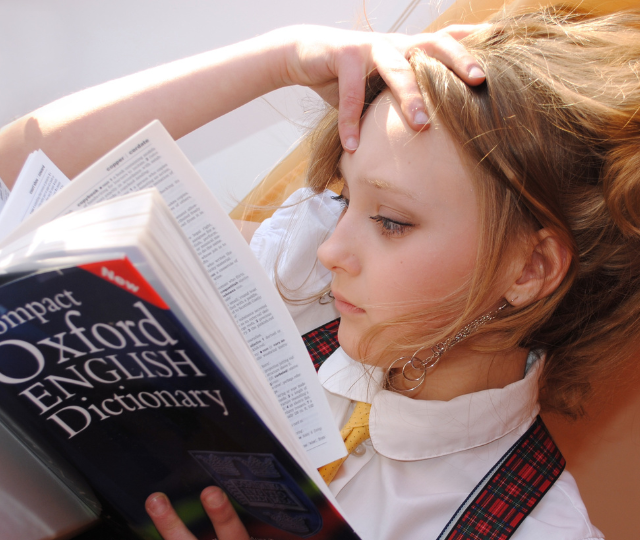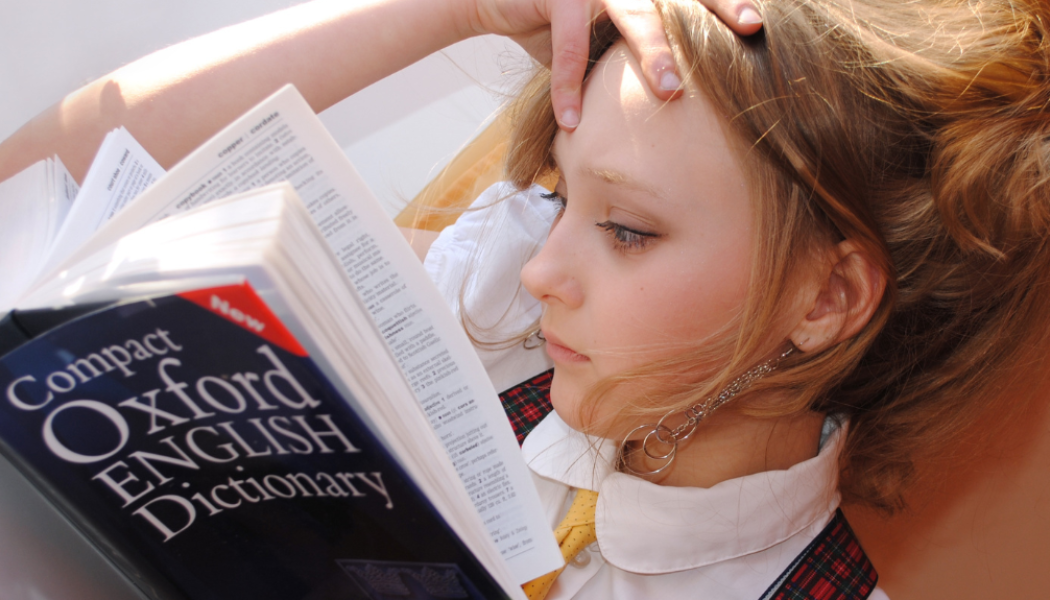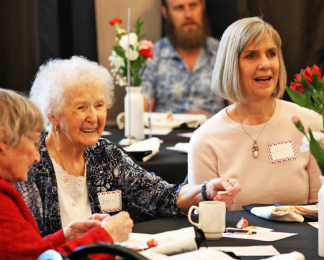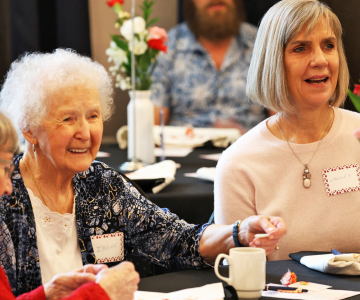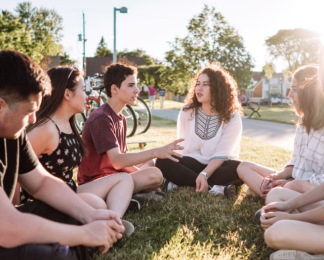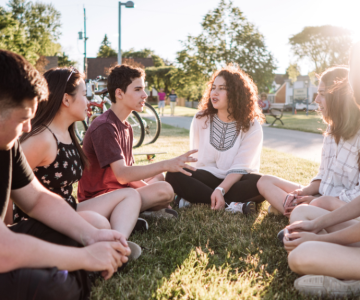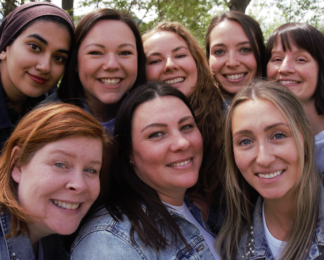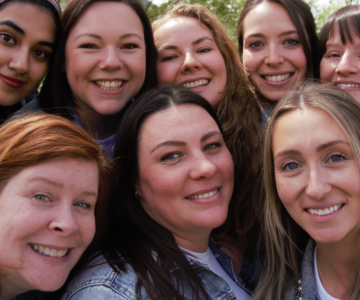A whole new language has been introduced to our daily conversations, thanks to the COVID-19 pandemic. Words and phrases like variants, mRNA vaccines, and rapid antigen testing have become commonplace as we have learned about coronavirus and how to keep ourselves safe and healthy from the disease.
And now a new set of words has entered the local lingo – monovalent and bivalent vaccines. So what exactly do those words mean?
We asked Kristiina Smith, an immunization specialist with Interior Health, to help us better understand these terms, which most people will start hearing more about as invitations for COVID-19 booster shots begin going out this fall.
“Simply put, a monovalent COVID-19 vaccine targets a single strain of the virus, while a bivalent vaccine targets two strains,” Kristiina says. “The booster shots you’ve had previously have been monovalent – targeting the original COVID-19 virus. This fall, the booster is a bivalent vaccine, formulated to attack both the original virus and the Omicron BA.1 virus which we’re seeing more of in our communities.”
For this fall’s boosters, Health Canada has approved the Moderna Spikevax Bivalent COVID-19 vaccine for use as a booster dose for people 18 years of age and older. This is the first COVID-19 vaccine with two strains available in Canada, and is expected to provide better protection against the Omicron variant that is making people sick in the community.
Kristiina says vaccines that target more than one variant of virus are not new. In fact, your annual flu shot is usually a trivalent or quadrivalent vaccination – targeting the three or four strains of influenza that scientists predict will be most prevalent in our communities during respiratory illness season.
“Because viruses change over time, it’s important that we continue to get our booster shots for COVID-19 and for the flu when they become available,” she says. “That’s how we’ve been able to resume our day-to-day lives, like attending sporting events, school events like graduation and music concerts. It’s all about establishing immunity for your community.”
Learn more:
For information about COVID-19 vaccinations for those over age 11, visit our COVID-19 Immunization Clinics page. For vaccination information for children, visit the COVID-19 Children Under 12 Vaccines page. Register for vaccinations in the provincial Get Vaccinated system.
